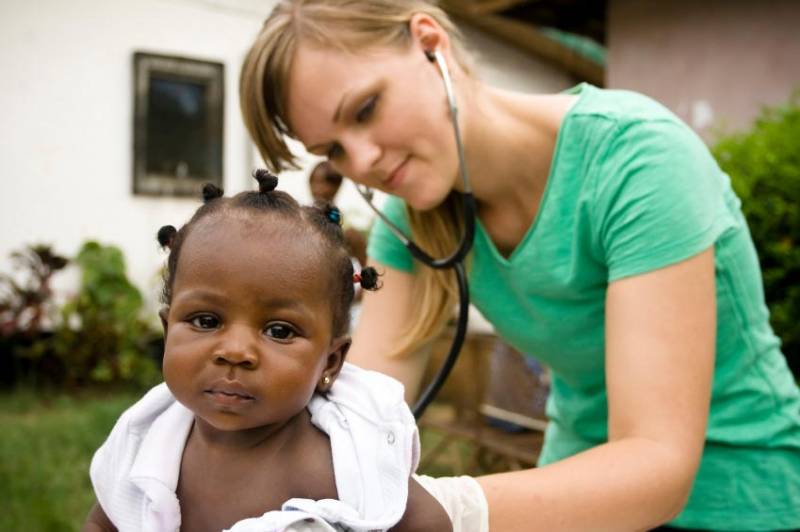
“Never believe that a few caring people can’t change the world. For, indeed, that’s all who ever have.” -Margaret Mead
With this quote, famed anthropologist Margaret Mead explains the significant role that caring plays in our world. If people didn’t care enough to change things, nothing would ever be accomplished. Caring also plays a significant role in empathy. In fact, caring lies at the heart of empathy. Think about it. You may recognize and understand someone else’s feelings perfectly, but if you don’t care about others, there is no empathy. For example, a burglar probably understands that stealing someone else’s property will make that person angry. He just doesn’t care. That lack of caring is why he is able to commit the crime.
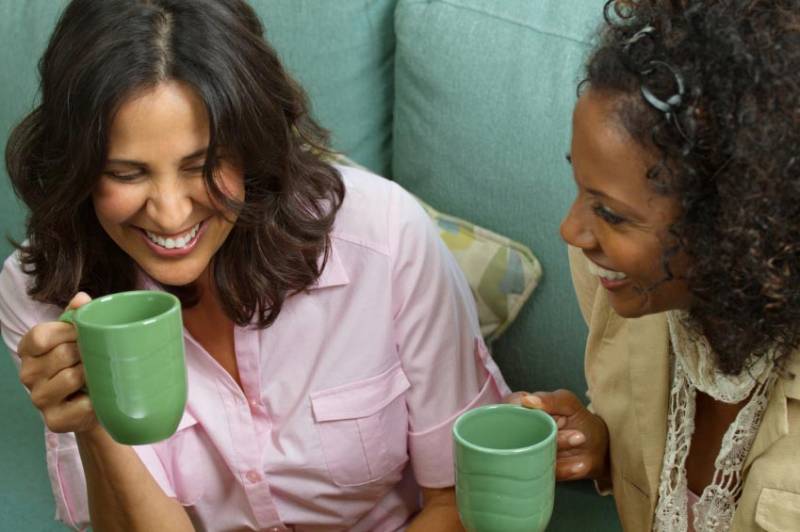
To be a person that has empathy, you must care about others. You must want to help and to take action if need be. Caring requires you to give some of your energy and time to others. In exchange, they will stand by you and care for you in return. Empathy is the key to having a true friendship.
Of course we all want and need friendships. The strong ties of friendship are what get us out of bed in the morning. They keep us going when the going gets tough. Without friendships, we are alone in the world and we risk missing out on a very important part of life. Here are five things we all must do in order to develop caring relationships and friendships:
1. Understand right and wrong
2. Help others
3. Actions speak louder than words
4. Appreciate others
5. Be altruistic
Let’s take a closer look at what it takes to develop caring relationships and friendships.
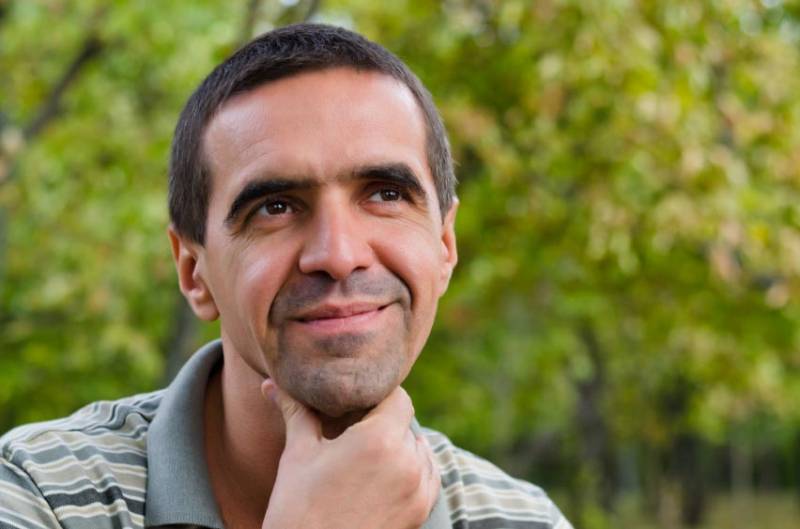
Understand right and wrong. Have you ever been in a situation where you didn’t know the right thing to do? Or maybe you knew the right thing to do, but you chose not to do it? You probably felt uncomfortable after that situation took place. That discomfort is known as guilt. Guilt is your conscience, or that inner voice that helps you decide between right and wrong, talking to you. You know deep down that you did the wrong thing, and guilt is your conscience’s way of telling you. In order to be empathetic, you must listen to that inner voice, or your conscience. You don’t have to wait for your guilty conscience to tell you did something wrong. By then it’s too late. In order to understand right from wrong before you do the wrong thing, try imagining yourself on the other end of your actions.
Help others. We are presented with opportunities to help people every day. To some people, helping others is just second nature. You see someone in need and you feel the need to help them. This pull to help others is your conscience talking to you. An important part of empathy is recognizing when someone needs help and then listening to your conscience when it tells you to help them.
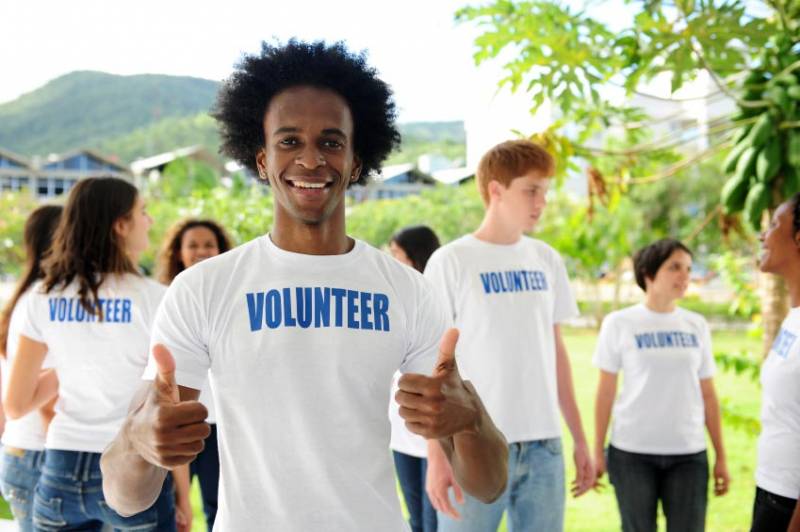
Actions speak louder than words. Saying that you care about someone doesn’t mean much unless your actions back up your words. Think about it, what shows that you care more – saying, “I care about you,” or staying up late on a work night to help someone with a problem? If you really care about someone, your actions will speak for themselves and you won’t even need to tell the person. Of course, it never hurts to tell the people you care about how much they mean to you, but that shouldn’t be the only sign that you care.
Appreciate others. Appreciation, or thankfulness for others’ efforts, is an important part of empathy. It shows that you understand the trouble someone went through for you, and you are grateful. Appreciating others means that you never take anything for granted. You don’t just assume that someone will do something for you. That way, when someone does do something nice for you, it will be unexpected and truly appreciated.
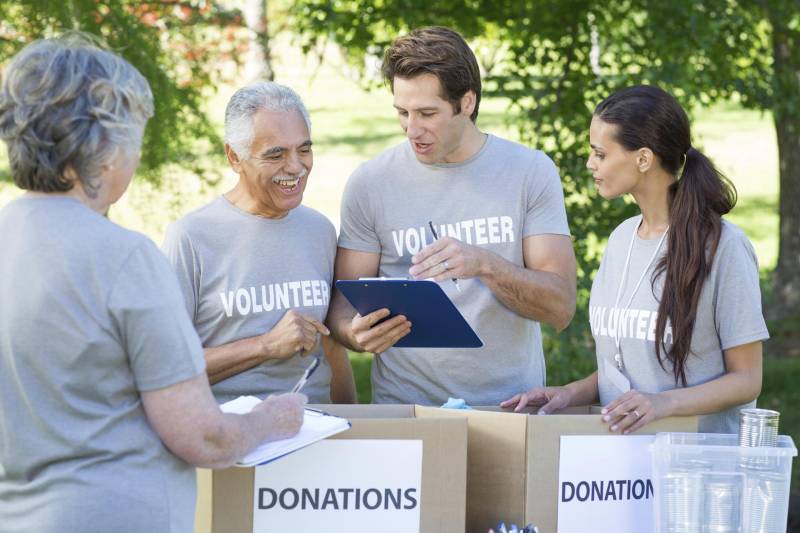
Be Altruistic. Altruism is doing something nice for someone just for the sake of being nice. You don’t expect the other person to return the favor and there is nothing in it for you. Altruism is the highest form of caring. Human nature tells us to do things for our own benefit, so to be truly altruistic and put your own wants and needs aside can be difficult. One example of altruism is the unconditional love of a parent for a newborn baby. Parents’ unconditional love for their baby causes them to keep loving and caring for the baby without the expectation of loving back or returning any favors.
Remember to do these five things in your relationships and friendships. If you do, you will be sure to develop deep, caring relationships with others as well as improve your ability to have empathy.
If you want to learn more about developing or teaching soft skills, sign up for our free Soft Skills 101 webinar!
